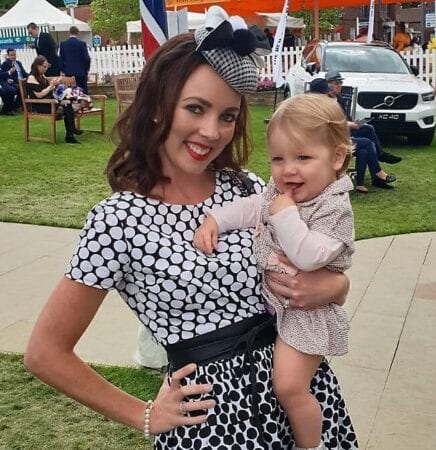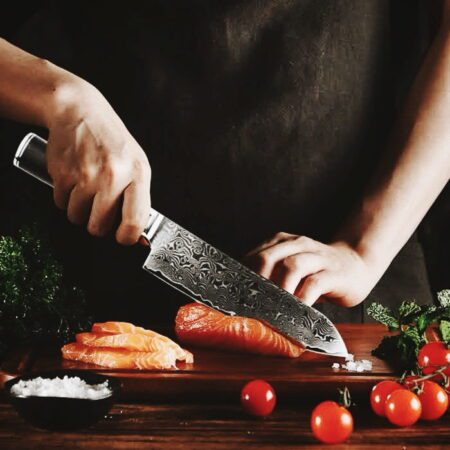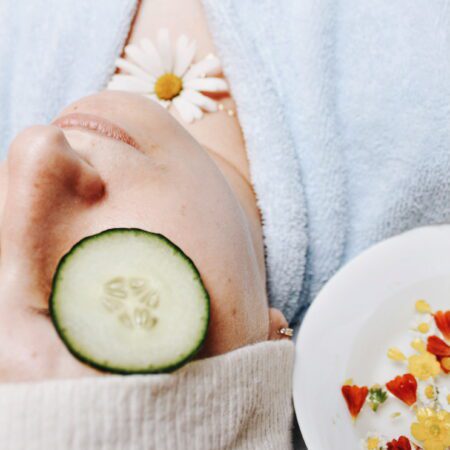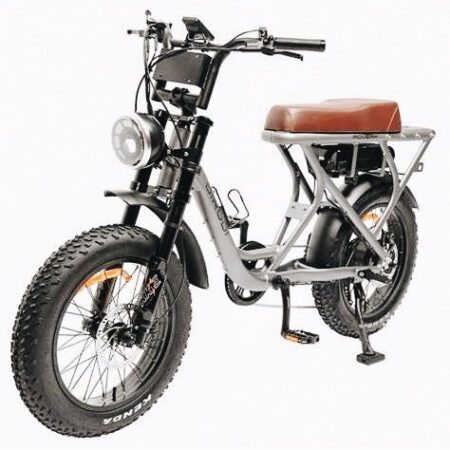When a new mother is losing her hair drastically after childbirth, that’s a process called postpartum hair loss. Ever tried finger combing your hair, and a few strands of hair get caught? They say that the average human sheds about 100 hairs a day. But when you are experiencing postpartum hair loss, it can seem significantly more that that! You might see hair gathering in the drain, on your hairbrush, on the floor, and next thing you know, your hair is just everywhere! But relax, this is entirely normal.
What is Postpartum Hair Loss?
Pregnancy can do some drastic changes to a woman’s body. For example, producing high amounts of estrogen and progesterone can result in thick and luscious hair. But what happens after pregnancy? The body goes back to producing the normal amount of hormones and would cause the extra hair you produce during pregnancy to fall out, sometimes even in thick clumps of hair. This is called postpartum alopecia or most commonly known as postpartum hair loss — a process of hair shedding, which typically happens three to six months after childbirth.
Will my hair grow back?
Yes, you don’t have to worry about it. Your hair will eventually grow back, but it still depends on the person. Some women experience this three months after childbirth. Some six months after, but generally speaking, the hair tends to go back to normal at about 12 months postpartum – just about the time your child is old enough to blow their first candle. But again, this may vary from woman to woman, and every case is different. Some lucky souls don’t even experience postpartum hair loss at all! And some unlucky women claim that their postpartum hair loss was worse with their second child compared to their first.
How do you deal with it?
You can’t technically get rid of it or try to prevent it because it is just your body’s reaction to going back to its normal phase. If you are still worried, fret not because here are some tips you can follow to prevent it from getting worse.
#1: Invest in hair care products
It is commonly thought that shampooing your hair will cause more hair to fall out and hair loss to worsen, but that is completely false. If your hair is ready to fall, it will just fall out.
Instead, invest in good hair care products and take extra special care of your hair. A good strengthening shampoo and conditioner will help with the hair loss, and applying Keratin Strengthening Spray can rescue your hair.
Not everyone knows that Keratin is a protein that helps strengthen your hair and prevents breakage, damage, and thinning. Using a keratin strengthening spray will help revitalize and repair hair damage.
#2: Skip styling
Using a blow dryer, curling or flat iron in itself causes damage to your hair strands. Adding this to your already thinning hair during postpartum alopecia days is not a very good idea. Skip styling your hair and instead tie it by using a hair tie or a scrunchie.
TIP:
- Avoid using rubber or elastic bands as this might pull out more hair.
- Apply heat protectant to your fine hair if you need to use a blow dryer, curling or flat iron.
#3: Eat well and take your vitamins
Eating your fruits, vegetables, and taking your vitamins is essential in your day to day life. It is imperative that you take care of yourself and actively eat healthier after childbirth. This is beneficial to both you and your child.
Ensuring that you incorporate various fruits, vegetables, and healthy proteins in your diet are essential, especially when you’re breastfeeding.
Eating well means a healthier body, and a healthier body means healthier hair as well.
Let’s wrap it up!
Again, postpartum hair loss is completely normal, but it might be good idea to speak with your healthcare professional when you notice extreme shedding. Everything will eventually go back to normal within about a year after the pregnancy. Just make sure to take care of your body after childbirth. Invest in good hair care products to manage the hair loss, and as much as possible, avoid styling to prevent even more damage. Eat healthier, and take vitamins for your well being and your child as well.











